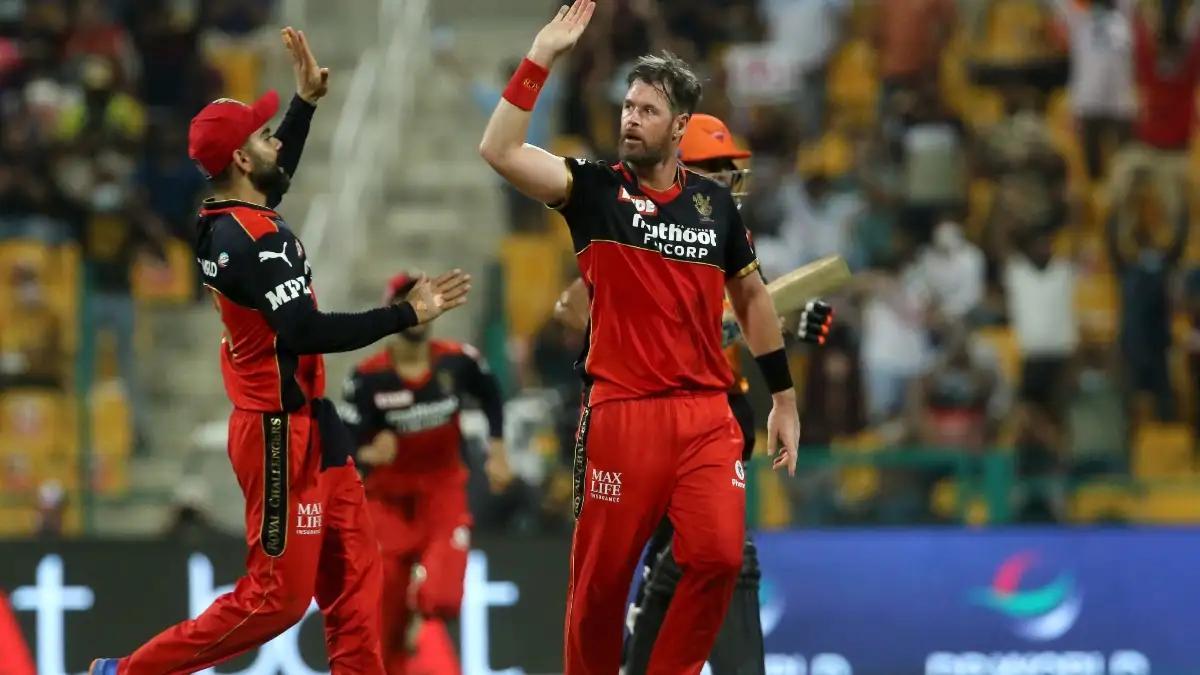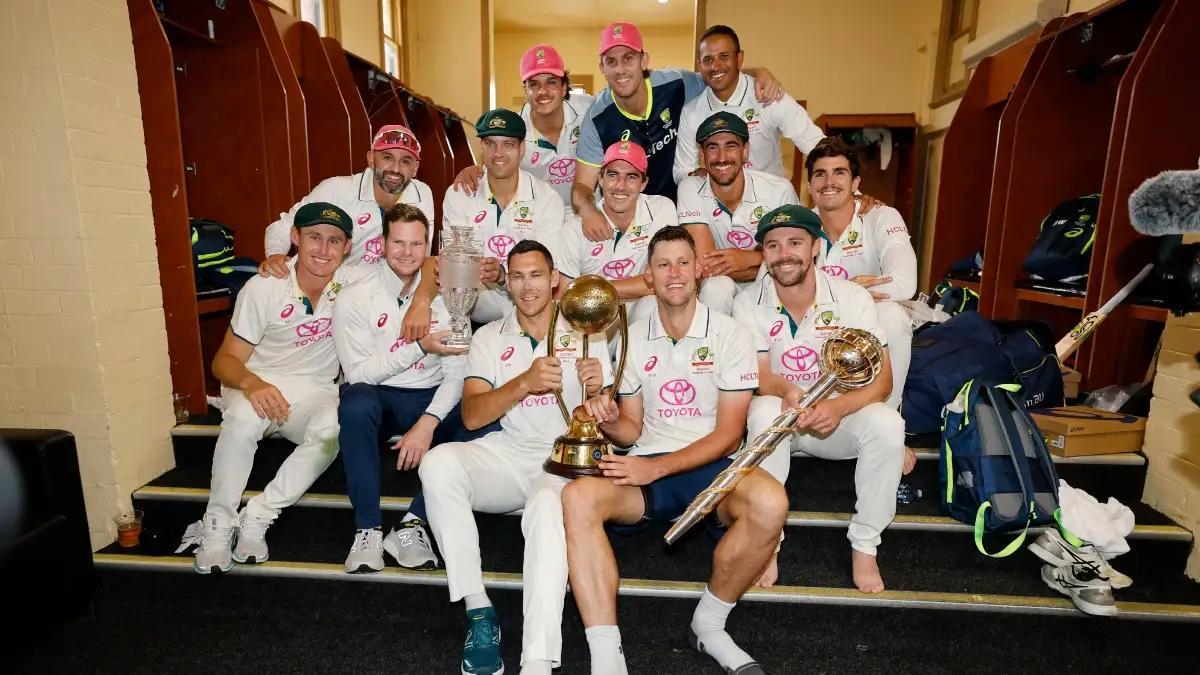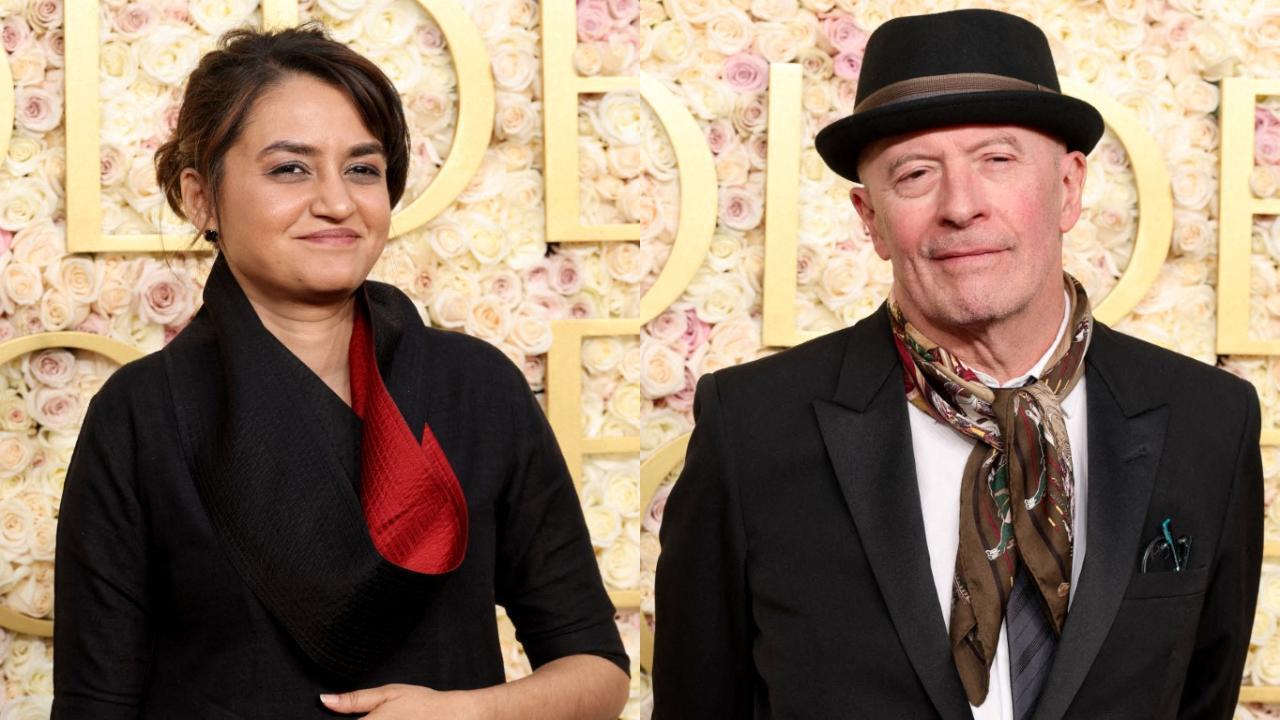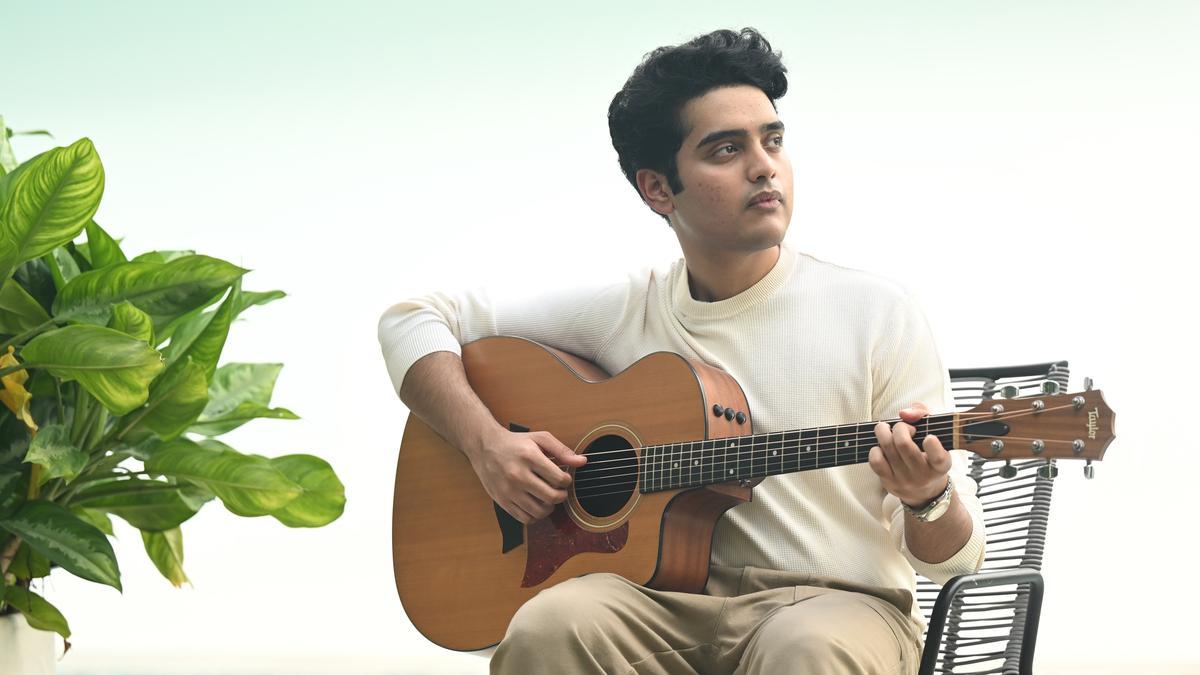
If one were to delve into the “Music@Trincas” section on the official website of Trincas, an iconic establishment in Kolkata, a deep and rich history of the city’s gastronomic and entertainment culture emerges. A particular tale takes visitors back to the vibrant 1963 Park Street era, a hub of culinary and musical activities. This period was marked by bustling eateries and vibrant music scenes, offering a colorful backdrop to the tale of Little Willie Walters.
Picture this: a young Willie Walters positioned at Magnolia, engrossed in his ice cream as the warm city atmosphere intertwines with the cool breath of air conditioning. Amidst this delicate balance, soulful melodies from a three-piece jazz band saturate the air. Then, the entrance of a stunning woman in a captivating fish-tailed dress steals the scene. Her presence, reminiscent of a classic Hollywood star, punctuates the moment as her gaze catches young Willie’s. Surprised and enchanted, Willie drops his ice cream as time momentarily stands still. This magical encounter sews the fabric of Willie’s memory, knotting jazz and Trincas together indelibly.
Inspired by this defining experience, Willie Walters matured into a pillar of Calcutta’s rich jazz history. As a celebrated bassist with an insatiable appetite for musical innovation, he played a crucial role in reinvigorating Trincas’ jazz culture. Before his passing in 2023, Willie was instrumental in starting The Willie Walters Quartet in 2022, ensuring that no weekend was ordinary at Trincas. Anand Puri, who has managed Trincas since 2019, commends Willie’s exceptional talent for transforming a group of inexperienced musicians into a cohesive jazz ensemble. Under Willie’s guidance, magical jazz afternoons reshaped Trincas from a tearoom since 1927 into a cutting-edge musical venue.
Anand Puri notes that while jazz is frequently discussed today, genuine understanding remains scarce. By focusing on jazz standards and promoting an approachable atmosphere, Trincas successfully rekindled the city’s jazz flame, turning Sunday afternoons into sought-after experiences. This move has doubled weekend occupancy rates at Trincas, highlighting the growing allure of jazz.
Across India, jazz sessions are becoming a staple in restaurants and bars.
. Although only a select few host consistent jazz nights, the genre’s appeal in creating relaxed, yet engaging environments is undeniable. My recent visit to AMPM, a notable Kolkata cocktail bar, revealed a burgeoning music culture, spearheaded by music director Pradyumna Manot. Even in spaces where acoustic refinement is needed, jazz nights attract significant audiences, establishing themselves as essential experiences.
India’s journey with jazz features trailblazing venues such as The Piano Man Jazz Club, established by pianist Arjun Sagar Gupta in 2015. Committed to jazz, this venue celebrates the genre’s diversity while advocating for artist payments, access to professional tools, and organic audience immersion. However, as Arjun highlights, too often jazz becomes mere background noise in venues rather than retaining its rightful place as the evening’s central focus. The Piano Man Jazz Club expanded into Gurugram in 2019, evolving into larger spaces under the revised branding, simply “The Piano Man.”
Places like ZLB23 at The Leela Palace Bengaluru are also pioneering unique jazz programs, featuring artists and bands from different styles, bringing together Bebop Jazz, Rock and Blues, Latin, Soul, and more. Madhav Sehgal of The Leela Palaces notes how their eclectic performances offer cultural diversity.
Arjun emphasizes making jazz accessible to novices through familiar tunes and adding vocals, thus broadening its appeal. Breaking from elite confines, venues like Trincas are forging a path where dining and entertainment intertwine seamlessly.
Sonia Teresa Saigal, a seasoned jazz singer, brings attention to the gap between genuine jazz enthusiasts and those attracted to the perceived image of attending jazz events. Despite growing interest, a reluctance to invest in top-tier bands curtails the genre’s development and genuine talent recognition. Parvati M Krishnan, a leading singer in Delhi, echoes this sentiment, lamenting the limitations imposed by budget constraints, which hinder true jazz culture cultivation by sidelining talented musicians.
Both Sonia and Parvati illustrate the dichotomy within jazz’s resurgence in India—between authenticity and superficiality. True appreciation of jazz thrives when audiences and venues align their goals with sustaining rich cultural and musical experiences.
As jazz reclaims its presence, venues and artists remain pivotal in educating, preserving, and authentically delivering this timeless genre to the world.










